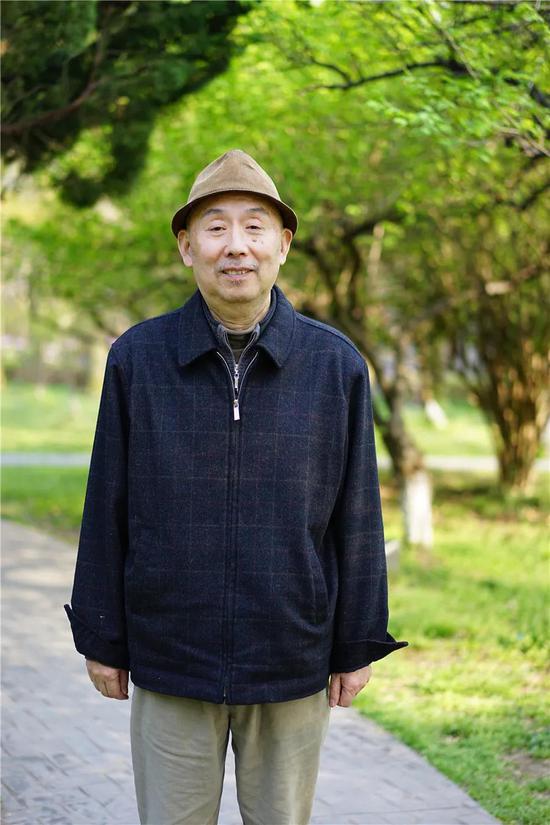
By JI Fangtong (JI Fangtong, professor and doctoral supervisor at the School of Public Affairs, Nanjing University of Science and Technology)
(CNS) -- From the Ming and Qing dynasties to the early Republic of China, Chinese Muslim sages brought together foreign Islamic culture and the central plain culture based on Confucianism to realize the Sinicization of Islam. Known as the “confluence of Islam and Confucianism,” the integration is regarded as an important link in the history of exchange and mutual appreciation between Chinese civilization and others. What are the characteristics of the integration and its implications for East-West communication today?
What is the “confluence of Islam and Confucianism”?
As a historical event, the “confluence of Islam and Confucianism” refers specifically to the culture-conscious activity of Chinese Muslim sages from the Ming and Qing dynasties to the early Republic of China. It was characterized by the translation of Islamic writings into Chinese and the integration of foreign Islamic culture with the native culture, mainly Confucianism.
The confluence set a path for the development of Islam and Muslims in China. It is not only considered an episode of history but is also seen as a direction for the present and future work of cultural exchange.
Wang Daiyu, a Muslim scholar in Jinling (now Nanjing), a the pioneer of the confluence. He published the first Chinese book on Islam, Zhengjiao Zhenquan (The True Explanation of Islam). Ma Zhu and Ma Dexin, who were in Yunnan, promoted the event. Their books, including Qingzhen Zhinan (Halal Guide) and Dahua Zonggui (General Introduction to Dahua), greatly advanced their breadth and depth. Liu Zhi, who was in Jinling, and his book Tianfang Xingli represent its highest achievement.
This group of Muslim scholars had studied or discussed Confucianism, Buddhism, Taoism and Islamic classics. For example, Liu Zhi said he spent eight years reading Confucian classics, historical works, philosophical works, and literary works; six years on Islamic works; three years on Buddhist classics, and one year on Taoist classics, as well as reading 137 Western books. Although the time Wang Daiyu spent on reading and his reading order was slightly different, he also studied the works of Islam, Confucianism, Taoism and Buddhism and had a thorough knowledge of the four religions. Both their academic experiences and their academic achievements are proof of these scholars’ mastery of the four religions instead of two. These integrated viewpoints and achievements of the four religions may be found in Wang Daiyu’s three works and Liu Zhis’s representative works.
It may be said that “the integration of Confucianism and Islam” literally refers to the integration of the two religions, but in its essence, it includes the integration of all four. The integration involves three aspects: integration of doctrines of Islam and Confucianism; integration of Islamic Sufi practice with Taoist and Buddhist practices; and integration of the Islamic canon with Confucian Li. In other words, the integration happened in these three areas, in which the achievements are concentrated. This integration lasted for about 300 years, and it is hard to tell these figures’ achievements in just a few words. The biggest accomplishment is the construction of the Chinese Islamic system, which has set not only the framework but also a series of concepts and categories, laying a solid theoretical foundation for the localization of Islam in China.








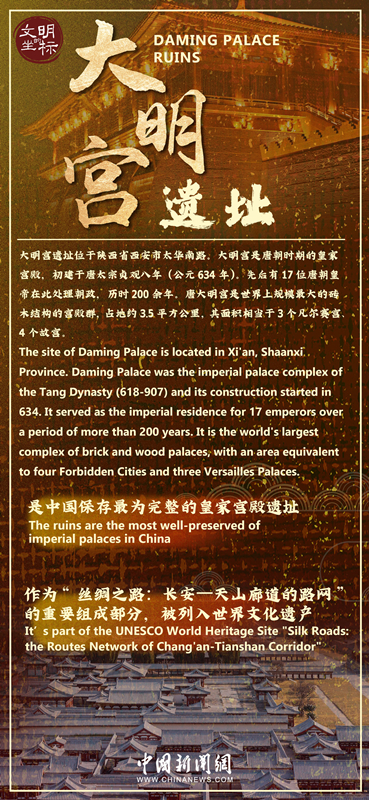



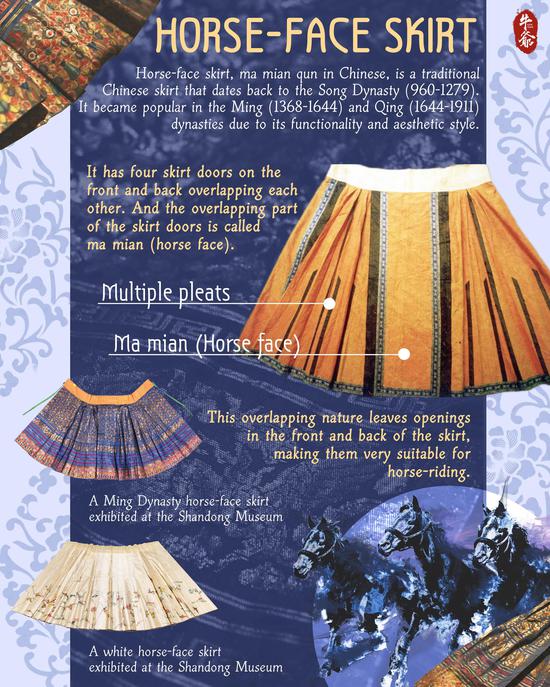


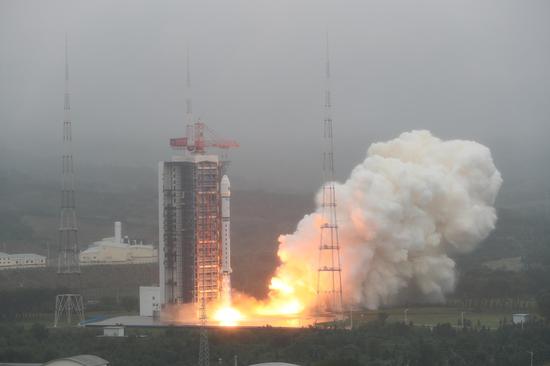
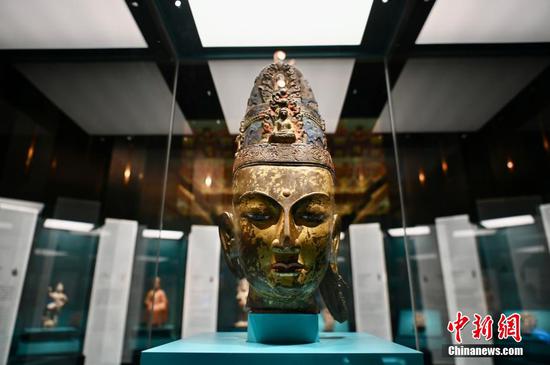







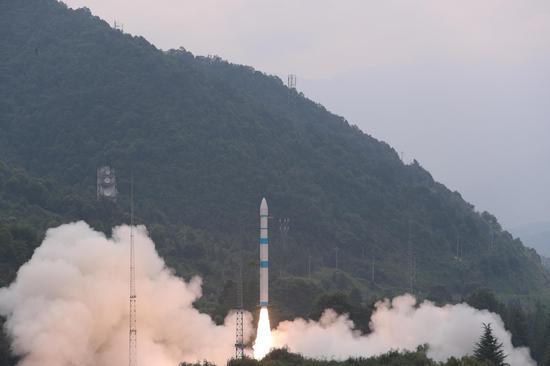















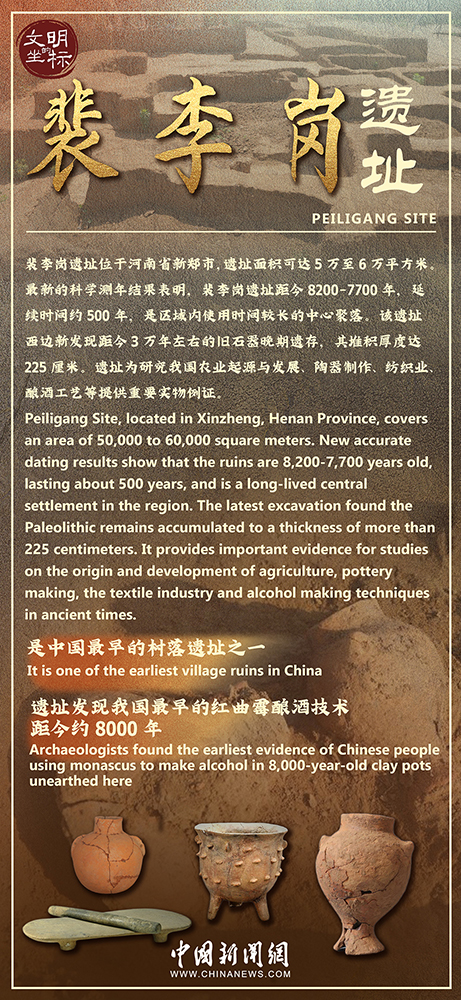









 京公网安备 11010202009201号
京公网安备 11010202009201号